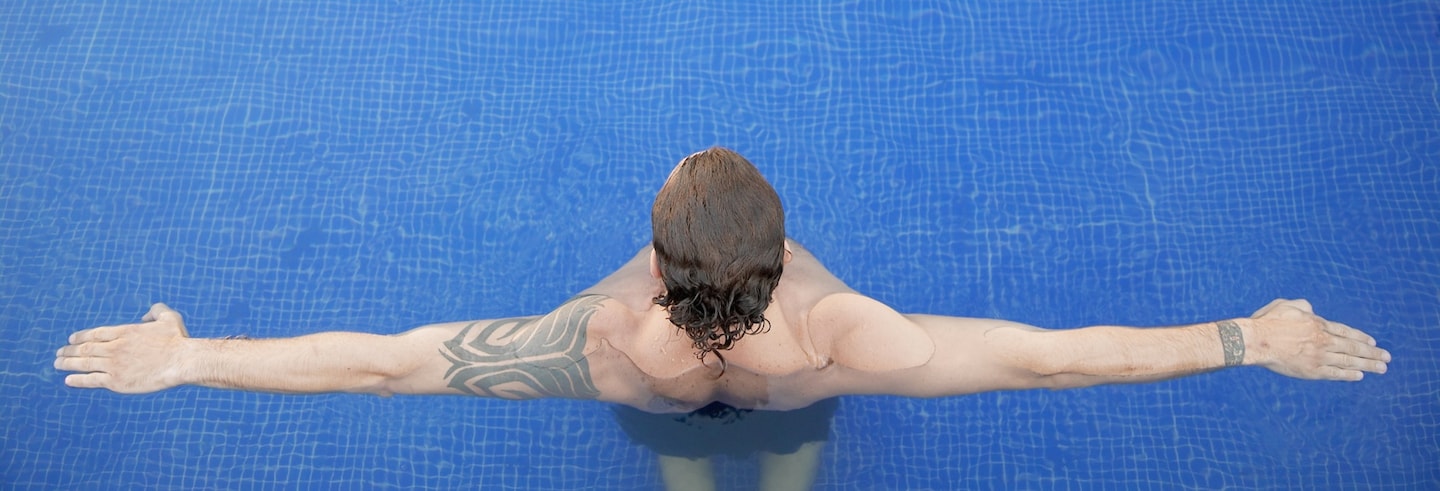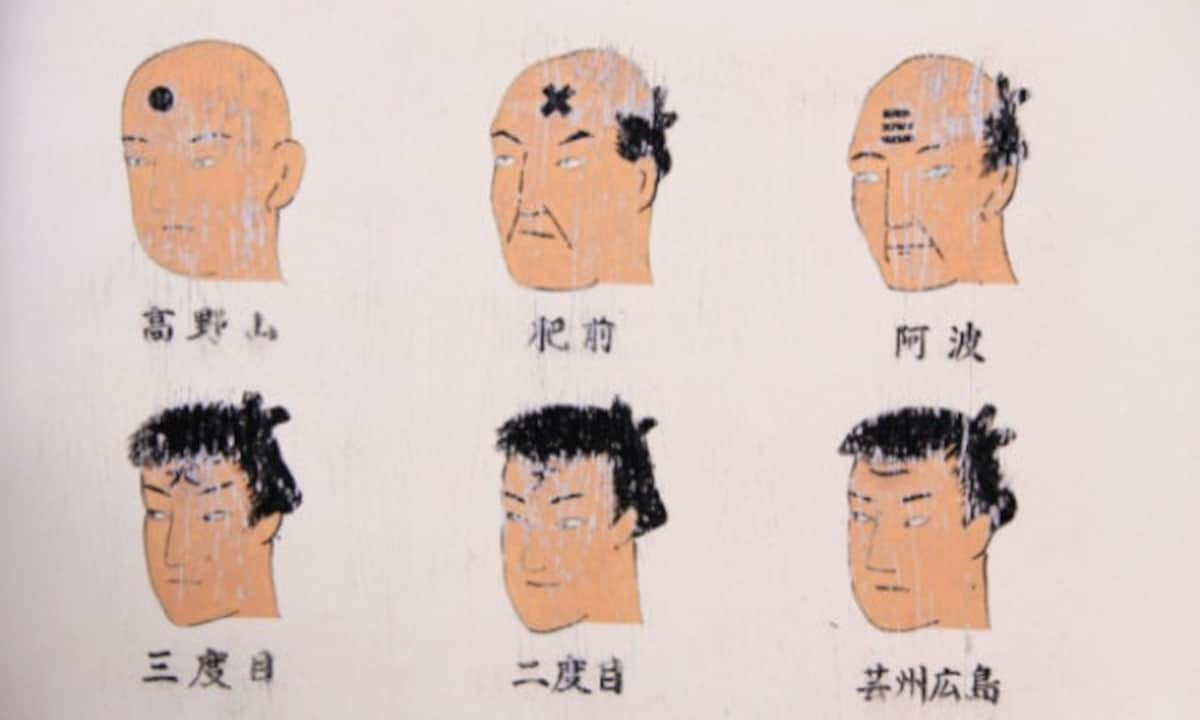How to Handle Your Tattoos in the Onsen

Most Japanese onsen (and gyms, for that matter) have a blanket policy of refusing service to people with tattoos. They’ll often have a multilingual sign or pamphlet to that effect, which gives you an idea how seriously they take the matter.
By Michael KanertWhat's So Scary About Ink?
https://www.youtube.com/watch?v=DtC4f6zDsBw
Tattoos have yet to (re)gain widespread acceptance in Japan, and remain associated with the Japanese mafia. In fact, as recently as 2013, even the yakuza were starting to ease up on tattoos in response to police crackdowns.
While it’s exaggerated for comic effect, you can get a sense of the “more ink equals badder-ass” belief from the above ‘80s-era sketch by renowned band-slash-comedy group The Drifters.
Historical Trends

http://en.rocketnews24.com/2013/03/14/criminals-of-japans-edo-period-were-often-punished-by-getting-face-tattoos/
There’s evidence that tattoos were common in Japan as early as the Jomon Period (14,000 B.C.–300 A.D.). By the 17th century they had become symbols of the working classes—as well as criminals, with some lawbreakers shamed by having a symbol permanently inked on their foreheads or arms.
In 1872, tattoos were banned in the hope of giving the nation a more “civilized” appearance as it aimed to forestall attempts at colonization. Body ink would only become legal again in 1948, when the prohibition was lifted by U.S. occupying forces.
In June 2015, the Japan Tourism Agency announced it had conducted a survey of 3,700 onsen operators asking about their tattoo policies, with an eye to revising existing stances to make onsen more accessible to foreign tourists. While the results seem to remain pending, a separate survey of 200 Japanese people in their 20s and 30s revealed that 39.5 percent said restrictions in onsen should be loosened. However, the remaining 60.5 percent of respondents in the same survey favored the status quo, so caution can't yet be thrown to the wind.
How to Cope
https://www.youtube.com/watch?v=5dxiVol7sow
YouTuber Experience Japan with Yuka offers a fairly straightforward, if weirdly wig-enhanced summary.
One surefire option is to book an onsen with a private bath—no prying eyes means no complaints. Some spots like Hoshino Resort in Karuizawa, Nagano, now allow you to enter as long as your tattoos are small enough to be covered with a patch, with a few such onsen even providing waterproof stickers for this purpose. You can also hold your hand towel strategically the entire time you're inside, though this is fraught with danger if the onsen isn't ink-friendly.
Of course, you can always just roll the dice, walk in and see if anybody says anything. But you may very well end up in an uncomfortable situation while stark naked. So before you try it, why not use a tattoo-friendly onsen finder to up your chances?
Tattoo-Friendly Search
You can save a lot of headaches with Tattoo Spot, a user-sourced ranking of tattoo-friendly onsen, pools, gyms and tanning salons. Not every spot on the site is necessarily open to ink, however—rather, users rank facilities from one to five stars based on their level of tattoo acceptance.
One star means no tattoos; two stars means there are officially no tattoos, but you can see people with tattoos inside; three stars means they have no problem as long as you cover your tattoos; four stars means you might get in on a case-by-case basis; and five stars means tattoos are generally no problem at all.
The site is only in Japanese, so either use a translation tool or just copy and paste your selected resort name (it’s the line right above the star rating) into a search engine. Worst-case scenario, you can snag the name of the onsen from the official URL (www.onsen-name.com) and start your English search from there.
Good luck, and happy bathing!



